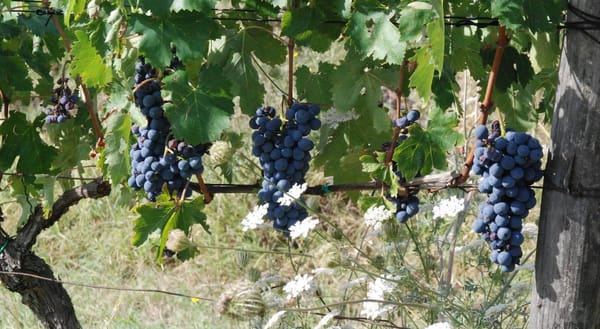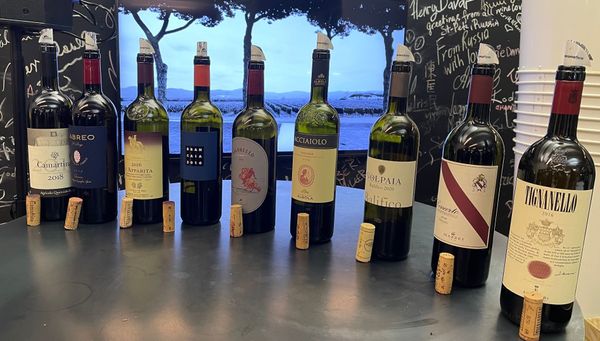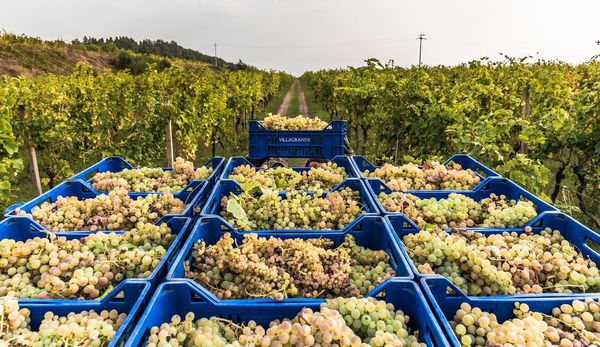Interview: Paul Caputo speaks to Sam Lindo, winemaker at Cornwall's Camel Valley

Following a string of awards for English wines at the annual trade and press event, and with English wine week on the horizon, I spoke with Sam Lindo, head winemaker at Camel Valley wines. Sam has taken over the reigns from his father Bob and is now in charge of leading this exciting winery into a new and exciting era.

Camel Valley has become one of the stand out wineries in the UK and you have been at the heart of this progress. How would you describe the last few years?
The last few years have been amazing. My parents never planted vines thinking that things would evolve in the way they have. All of the wines we make are what we have discovered about growing grapes and making wine in England. We didn't know it was possible when we started.
There has been a great deal of attention recently on English sparkling wines and it is your own sparkling wines that have contributed to this an put Camel Valley on the map. How important are still wines to the future of the brand however?
For us at Camel Valley it is very important to make still wines as our still and sparkling are by products of each other. With our yields being very low it is important that we use everything in the best way possible. Also the still wines are much more accessible and a good way of getting into our range.
What are the main differences between viticulture in Cornwall and that of other wine growing regions in England?
In hot years it is hotter and cool years it is cooler. This means our harvests are a lot less consistent but on average we are the same. Our growers in other parts of England have been chosen as they have a similar soil type to us - loam.
We are a probably some years off talking about the terroirs of Cornwall, but how important do you think it is for the advancement of English wines that we explore this concept?
England is a very small place and we do not see the differences. Also the traditional method process has a much bigger effect and this hides any natural variation. Every site is extremely cold and the grapes do not ripen in such a way to show the differences either. The question here is whether or not you get grapes not what they are like.
Do you feel that there is a single white grape variety that can convince general wine consumers to give English wines more of a chance? Could Bacchus for example be the answer? I think Bacchus is already doing very well. It is kind of like a lot of
other grape varieties; Sauvignon Blanc, Reisling, Alberinio. We have our best listings around the world with our Darnibole Bacchus.
What are the biggest challenges that you face in the vineyard with Bacchus?
Same as everything else, the weather during flowring.
You are chairman of the United Kingdom Vineyards Association. What does this do and who should get involved?
The UKVA is the trade association for UK vineyards and wineries. It is the only organisation that represents all of the interests associated with growing grapes and making wine. It provides a political voice to the government and the EU. If you grow grapes and make wine in England you should join. We have made a lot of changes in the last 18 months and the UKVA is now working very effectively and we still have lots more that we can achieve.
What would you say to aspiring vineyard owners in the UK? The first thing to do is decide how you would like to sell your wine. When looking for the ideal site you need to have a lot of patience and do not alter what you thought was the ideal in the beginning of your search.




